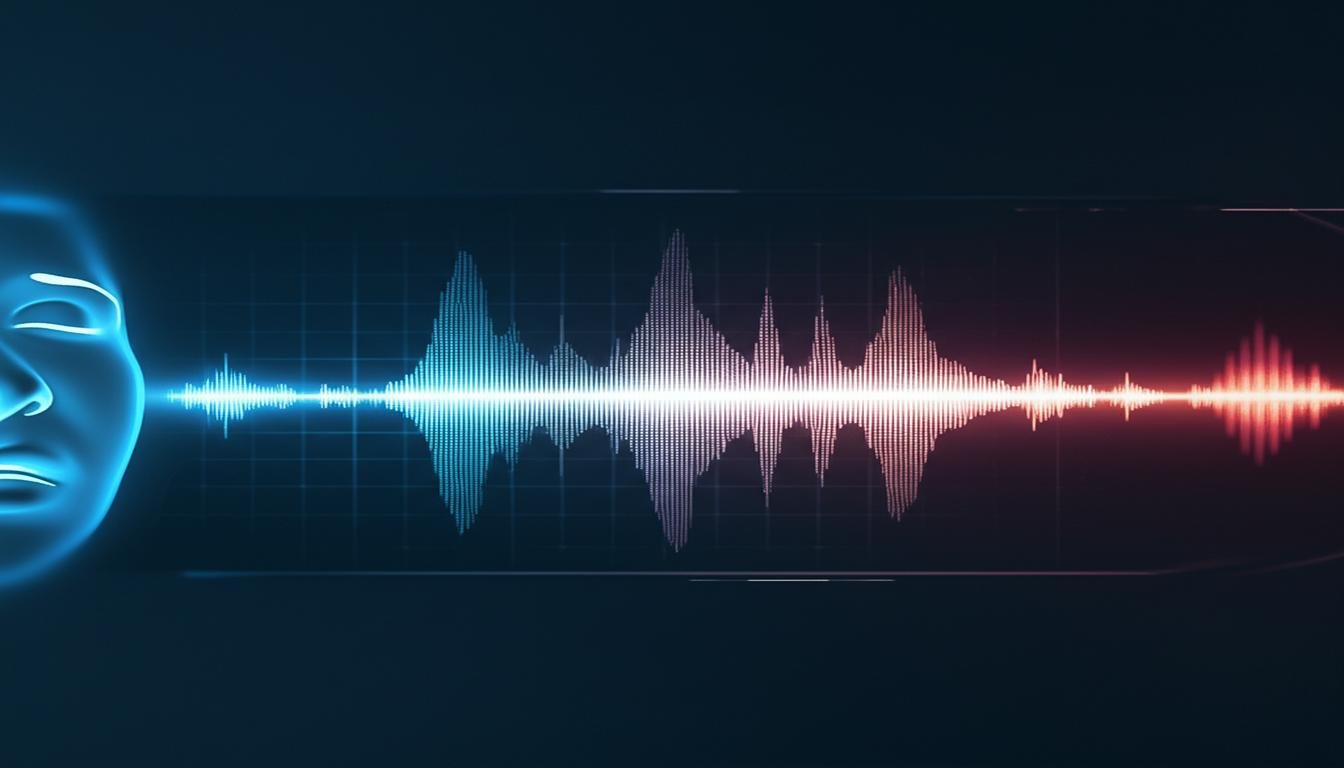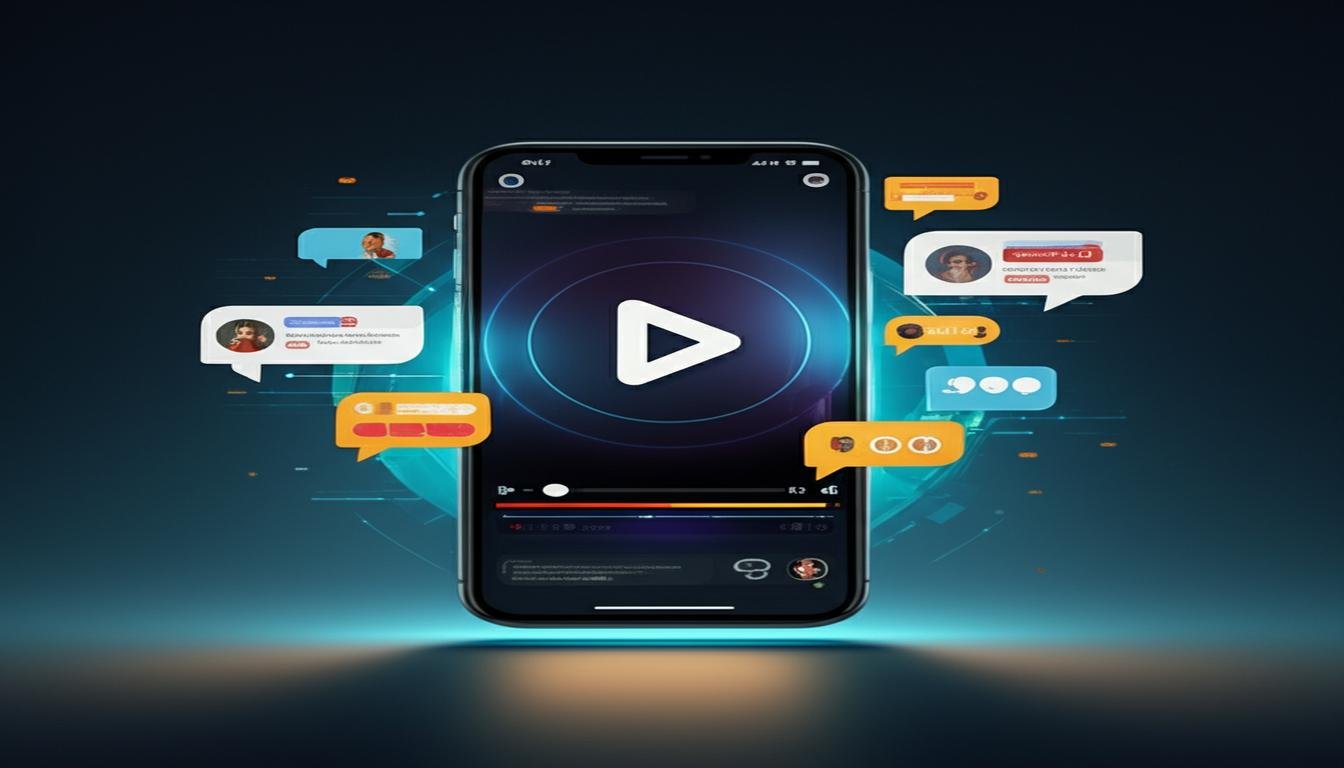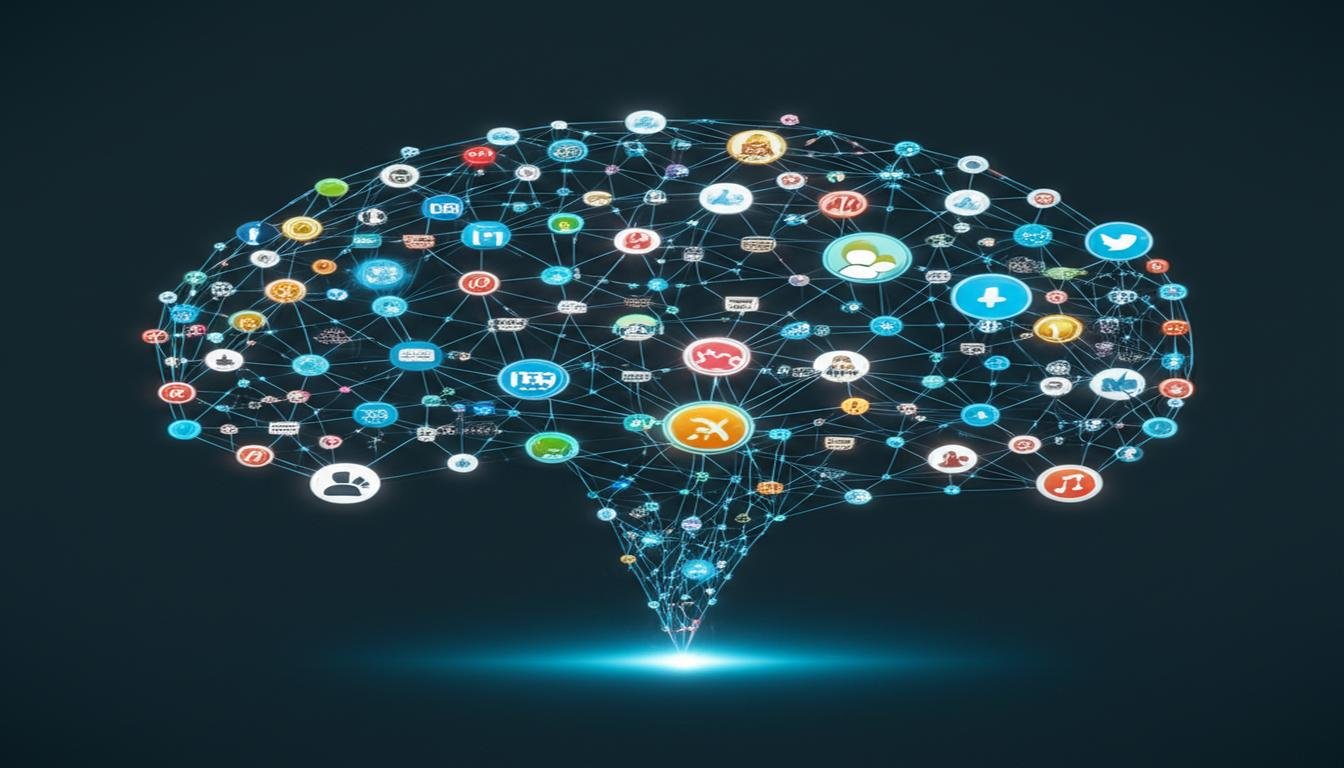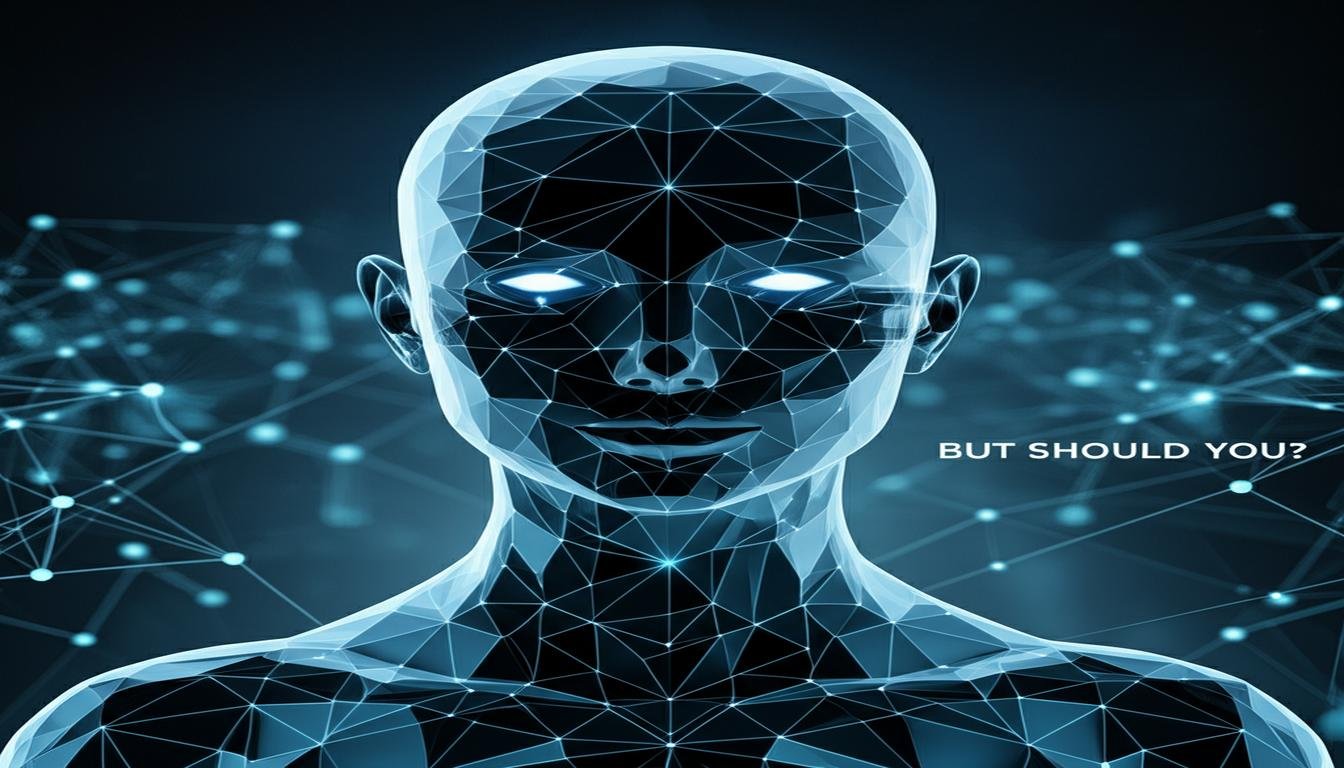The Eerie Reality: AI That Can Mimic Your Voice Crying, Laughing, and Whispering Imagine getting a call from a loved one. You answer, and you hear their voice, clear as day, sounding distressed, perhaps even crying. But here’s the chilling part: they never made that call. In fact, they’re perfectly fine, completely unaware that a sophisticated AI just faked their emotional plea. Sound like science fiction? Well, brace yourself, because this “creepy AI” isn’t a future nightmare; it’s here, right now. Advanced artificial intelligence is rapidly evolving, and one of its most unsettling leaps is in the realm of voice simulation. We’re talking about AI systems that can analyze a short audio clip of your voice – just a few seconds, sometimes – and then generate entirely new speech in your voice, complete with realistic emotions. Yes, it can make your digital self laugh, whisper secrets, or even weep. What Exactly is This Advanced Voice Simulation? At its core, this technology, often called AI voice cloning or synthetic voice generation, works by dissecting the unique characteristics of a human voice. It picks apart everything: your pitch, accent, speech patterns, and even those tiny vocal quirks that make your voice uniquely yours. Once it has enough data, it can essentially “learn” to be you, vocally speaking. The latest versions take this a terrifying step further by not just mimicking your tone, but also infusing it with specific emotions. This isn’t just text-to-speech anymore; it’s emotion-to-speech in your personal vocal signature. Voice Crying: Imagine your voice, but sounding genuinely heartbroken. Voice Laughing: A convincing chuckle or giggle, totally synthesized. Voice Whispering: Delivering hushed messages that sound authentic. The Unsettling Capabilities and Real-World Scenarios The immediate thought for most people, quite rightly, is “Wow, that’s incredibly creepy.” And it is. The potential for misuse of such powerful AI voice simulation is immense and already being explored by malicious actors. Identity Theft and Scams Think about those common grandparent scams. Now, imagine if the caller sounded exactly like your grandchild, not just claiming to be them. Or an email that asks you to verify an account, followed by a “security call” where the AI impersonates your bank manager’s voice. These sophisticated deepfake audio technologies add a layer of authenticity that makes traditional scam detection much harder. Misinformation and Manipulation The ability to generate a convincing voice speaking words they never said opens a Pandora’s box of misinformation. Imagine a doctored audio clip of a public figure saying something controversial, created entirely by AI. It could sway opinions, incite panic, or damage reputations. The line between reality and simulation becomes dangerously blurry. Erosion of Trust Perhaps the most insidious long-term effect is the erosion of trust. If we can’t trust what we hear, even from familiar voices, how do we communicate? This AI voice cloning technology challenges our most basic assumptions about authenticity. Beyond the Creepy: A Glimpse at Ethical Uses (Briefly) Of course, like many powerful technologies, there are ethical applications. This same AI voice generation could help people who have lost their ability to speak regain a semblance of their original voice. It could revolutionize audiobook narration or create more immersive gaming experiences. But for now, the potential for harm overshadows these benefits in many people’s minds, especially when it comes to mimicking such raw emotions. Protecting Your Digital Voice in an AI World So, what can we do to navigate this new landscape where AI can simulate our voice crying or laughing with alarming accuracy? Be Skeptical: If you receive an urgent, emotional call or message from someone you know, especially if it involves money or personal information, take a moment to pause. Verify Independently: Try to verify the request through another channel. Call them back on a known number, or send a text asking a question only they would know the answer to. Secure Your Data: Be mindful of where your voice recordings might exist online. The more audio data an AI has, the better it can clone your voice. Stay Informed: Understanding how this AI voice simulation works is your first line of defense. The Future of Voice: Navigating Uncharted Waters We are entering an era where our digital identities, including our voices, are increasingly vulnerable to sophisticated manipulation. This creepy AI that can make your voice cry, laugh, or whisper is a powerful reminder that critical thinking and a healthy dose of skepticism are more important than ever. As these technologies become even more advanced, the responsibility falls on all of us to be vigilant and demand ethical development and regulation. What are your thoughts on this technology? Does it excite you or genuinely concern you? Let us know in the comments below!
This Creepy AI Can Simulate Your Voice Crying, Laughing, or Whispering









